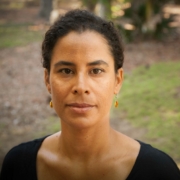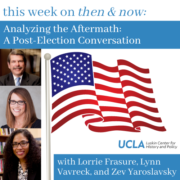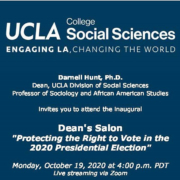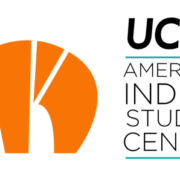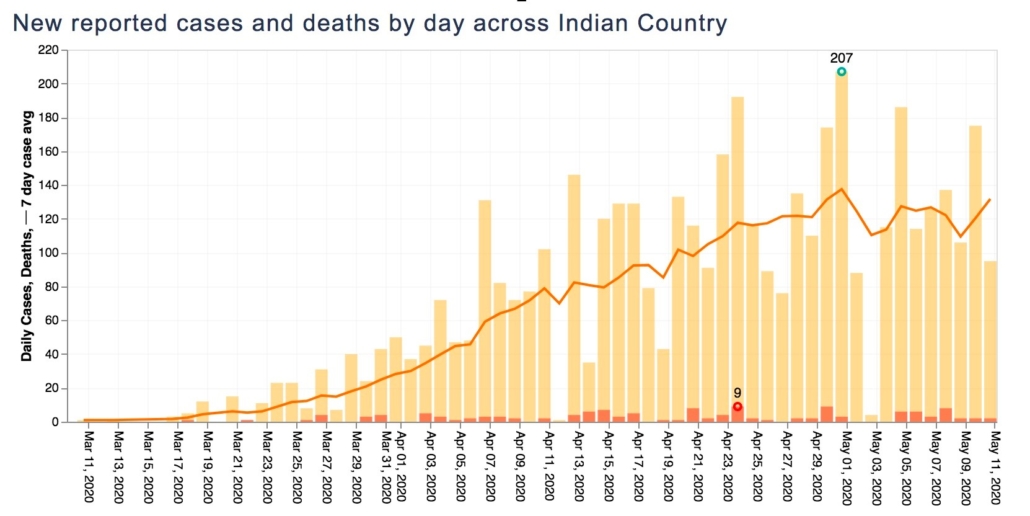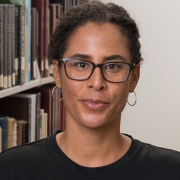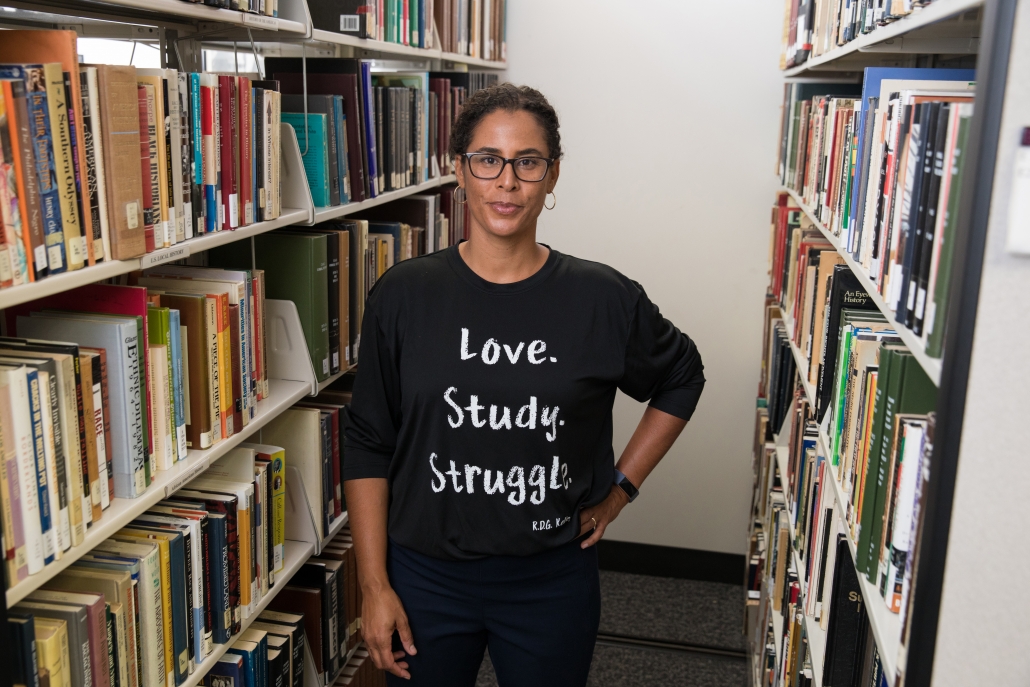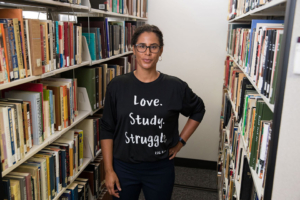 Dr. Kelly Lytle Hernandez, professor of African American Studies, Thomas E. Lifka Endowed Chair in History and Urban Planning, has been elected to the Pulitzer Prize Board. This prize named after Hungarian-American journalist and newspaper publisher, Joseph Pulitzer, is administered at Columbia University. Dr. Lytle Hernandez said, “I am thankful for this opportunity to work with fellow Board members in celebrating a diverse community of journalists, scholars and artists, and look forward to the work ahead.” LA Social Science would like to congratulate the Ralph J. Bunche Center for African American Studies Director.
Dr. Kelly Lytle Hernandez, professor of African American Studies, Thomas E. Lifka Endowed Chair in History and Urban Planning, has been elected to the Pulitzer Prize Board. This prize named after Hungarian-American journalist and newspaper publisher, Joseph Pulitzer, is administered at Columbia University. Dr. Lytle Hernandez said, “I am thankful for this opportunity to work with fellow Board members in celebrating a diverse community of journalists, scholars and artists, and look forward to the work ahead.” LA Social Science would like to congratulate the Ralph J. Bunche Center for African American Studies Director.
To read the press release about Dr. Lytle Hernandez’s election to the Pulitzer Prize Board, click HERE.

